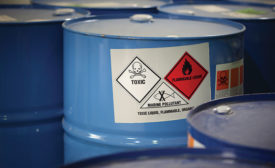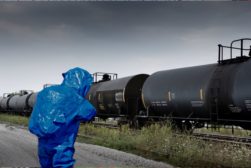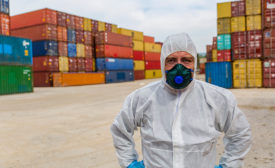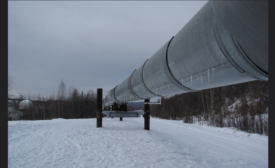Home » Keywords: » hazardous materials transportation
Items Tagged with 'hazardous materials transportation'
ARTICLES
An NTSB Safety Compass blog post
Most Wanted List progress report: Rail safety
March 28, 2018
Train derails in Penn., spilling thousands of gallons of oil
Company official says spill is “contained”
February 14, 2014
Type of tank car in Canadian derailment may have made accident worse
NTSB identified “inadequate design” after 2009 derailment
July 15, 2013
Become a Leader in Safety Culture
Build your knowledge with ISHN, covering key safety, health and industrial hygiene news, products, and trends.
JOIN TODAYCopyright ©2024. All Rights Reserved BNP Media.
Design, CMS, Hosting & Web Development :: ePublishing






